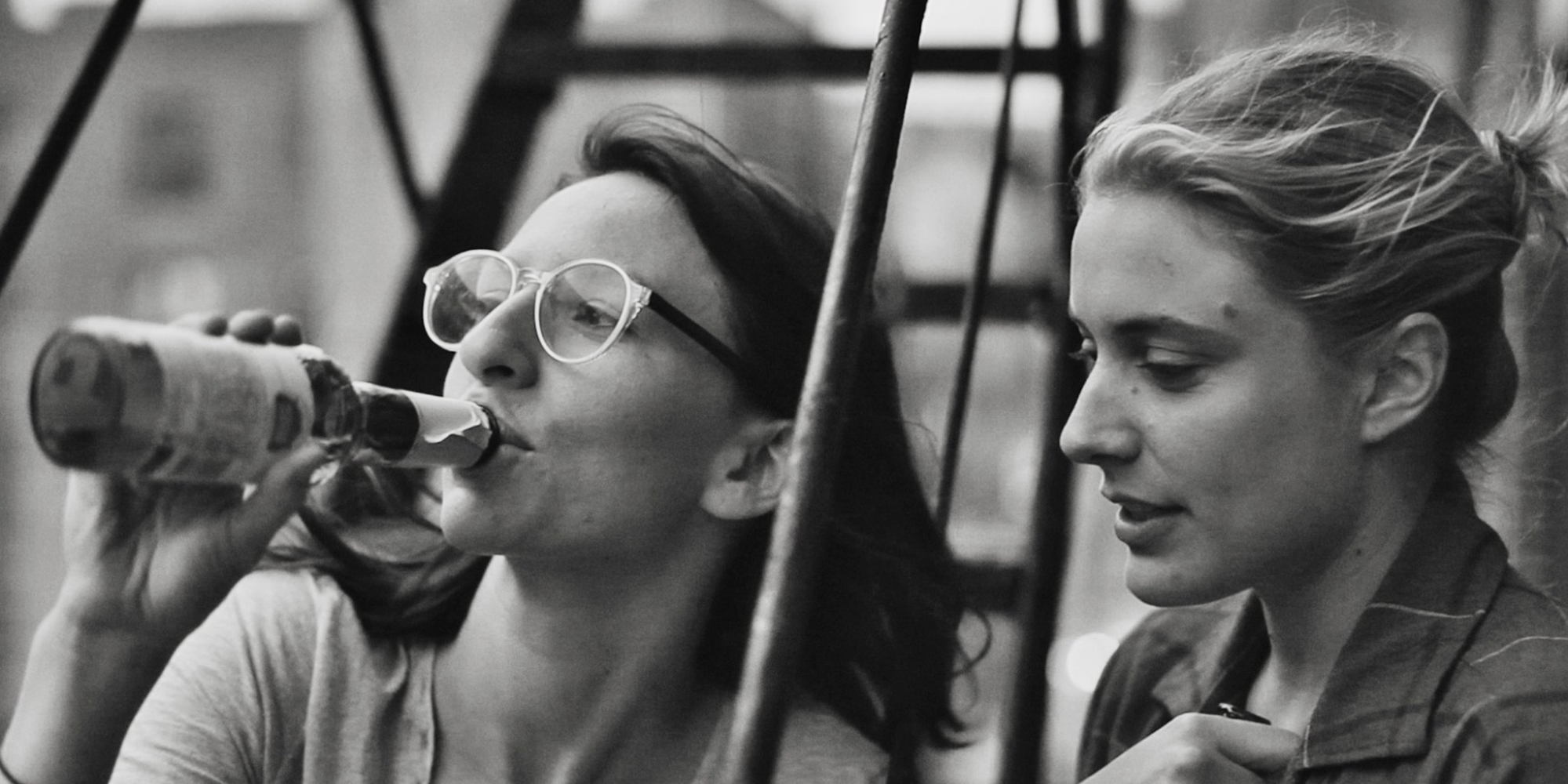2023 has been dubbed the year of the girlfailure. From Pearl of the X trilogy to Shiv Roy from Succession, women who embrace “[their] Ls” have been dominating pop culture lately. And for good reason—they signify a refreshing departure from the era of the girlboss, who emblematized hustle culture and the much-ridiculed “gaslight gatekeep girlboss” mentality of capitalistic white feminism. Instead, Hollywood has been offering screentime to the girlboss’ polar opposite, creating more relatable leading ladies who just can’t seem to get their act together.
What is a girlfailure?
Although the term “girlfailure” made its entry into Gen Z meme lingo fairly recently, the concept of “women who suck” is far from new. As the internet has pointed out, both Gilmore Girls protagonist Rory Gilmore and Seinfeld character Elaine Benes could never escape their never-ending woes. But among all the women losers, one proto-girlfailure—if you will—who takes the cake is Frances Halladay of the 2013 film Frances Ha, which just hit its 10-year anniversary.
Directed by Noah Baumbach and starring indie darling-turned-Barbie director Greta Gerwig, Frances Ha follows 27-year-old Frances Halladay in her daily life as a dance apprentice struggling to make ends meet. At first, the film seems idyllic as it showcases the dancer’s life with her best friend Sophie, but this peaceful existence shatters once Sophie moves out of their shared apartment to live in Tribeca. From there, Frances exists in constant chaos, couch-surfing from apartment to apartment in Manhattan and taking on odd jobs to survive. Eventually, she surrenders and takes a desk job at her dance company to make rent, and the movie ends when she moves into her own apartment.
With its black-and-white cinematography, classic pop-rock soundtrack, and hipster setting, Frances Ha serves as the quintessential indie girl swag film. Sure enough, the film garnered wide success among real-life girlfailures: it’s been hailed as a “coming-of-age movie for thirty-somethings,” and Frances Halladay has been regarded as an “icon for late bloomers.” After a run in the festival circuit and high praise from critics, the movie quickly achieved cult status and launched Greta Gerwig’s career. From its success among indie circles, Frances Ha was also able to popularize the concept of the girlfailure.

What’s remarkable about Frances Ha is that almost every scene poses an L: an awkward conversation, a dying friendship, a failed attempt at adulting. Over the course of the movie, Frances manages to strain her relationship with Sophie, lose her chance at officially joining her dance company, and get into credit card debt by going on an impulse trip to Paris. Frances also experiences a myriad of small daily losses. For instance, a recurring joke in the film is that former roommate Benji (Michael Zegen) lovingly calls Frances “undateable,” and sure enough, she utterly fails to form and maintain romantic relationships. Even her modest win at the end of the film is accompanied by one final failure: her full name doesn’t fit when she tries to mark her mailbox with a slip of paper, so she reluctantly folds it to read “Frances Ha.”
Girlfailures in culture
Since Frances Ha, Hollywood has written women who not only suck, but do nothing but suck. Take Pearl from the X series, who lusts after a life onscreen but instead goes on murderous rampages in both films she’s starred in. Or take Euphoria’s Cassie Howard, whose abandonment issues lead her to pursue a romantic relationship with her former best friend’s abusive ex in season 2. Celebrated girlfailures have popped up in real life, too—think famed fraudsters Anna Delvey and Elizabeth Holmes, whose stories have respectively been dramatized in Netflix’s Inventing Anna and Hulu’s The Dropout.
But what sets Frances Halladay specifically as the precursor to women losers? Although girlfailures certainly existed before Noah Baumbach’s indie gem, many of these characters were framed as girlbosses who experienced challenges and grew as a result. For instance, after Rory Gilmore gets arrested and drops out of Yale University, she eventually returns to her alma mater and pursues a career in journalism once she graduates. In contrast, Frances Halladay never gets a shot at her dream career and almost always loses in other aspects of her life, making her the ultimate girlfailure.
Even though girlfailures have only come to the forefront of society’s collective consciousness over the past year, they have existed long before the girlboss introduced us to the world of corporate feminism. Out of all the formative girlfailures, one who stands out for her impressive inability to win is Frances Halladay. By consistently losing and never truly bouncing back, Frances serves as the epitome of women who suck.



